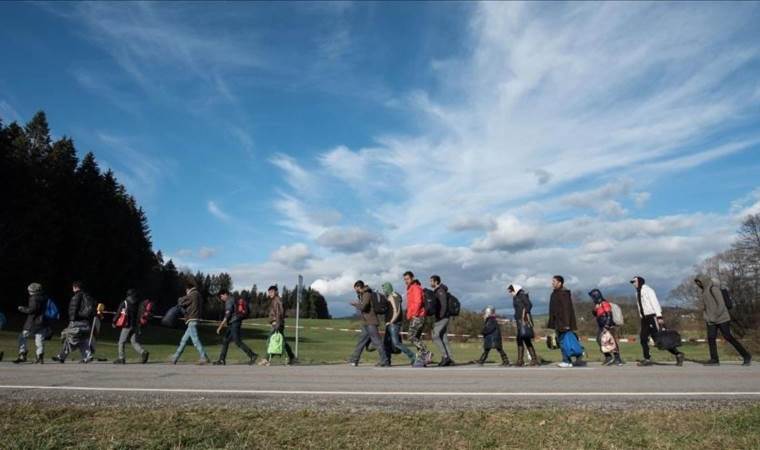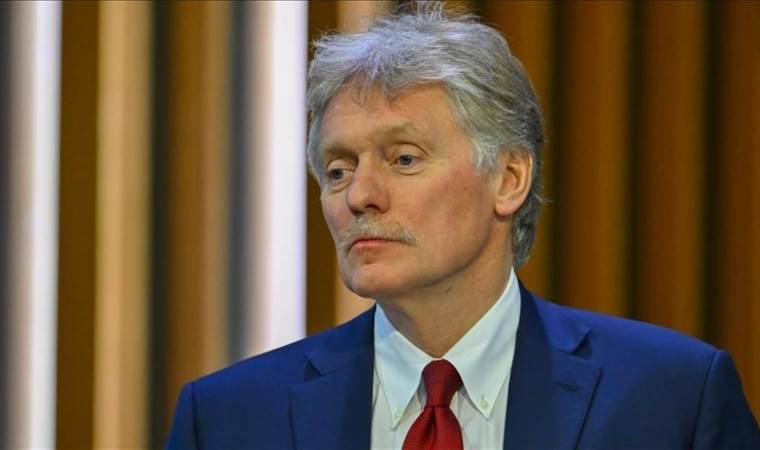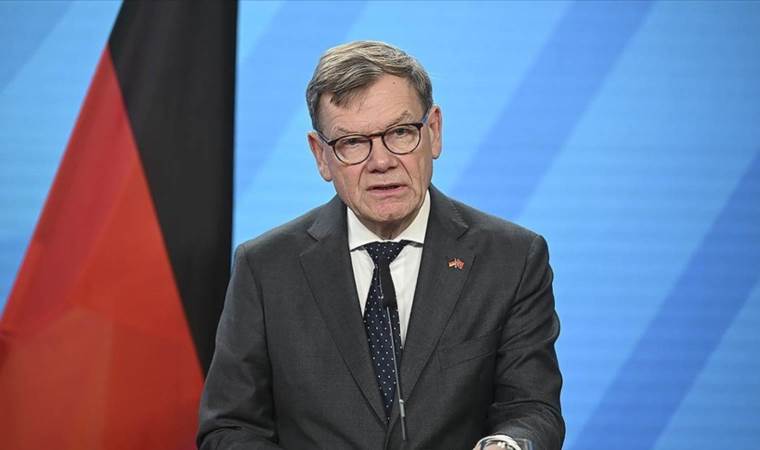Asylum applications in Germany drop 60% in August amid stricter border controls
Germany saw an almost 60% decline in asylum applications in August compared to the same month last year, official figures showed on Tuesday.

The German Interior Ministry reported that 7,803 migrants filed asylum applications in August 2025, down from 18,427 in August 2024 — a decrease of 10,624 applications.
“Our asylum policy change is working. Our measures are successful,” Interior Minister Alexander Dobrindt told the Bild newspaper, highlighting the stricter border controls introduced by the new government in May, shortly after assuming office.
"Now it is a matter of tightening up the common European asylum system in order to further reduce the migration pressure on Europe," the conservative politician said.
Germany had long been the primary destination for asylum seekers in Europe, but figures from the first half of 2025 revealed a change in migration patterns.
Between January and June 2025, Spain emerged as the new leading destination for asylum seekers in Europe with around 76,000 applications, followed closely by France with 75,000 and Italy with approximately 63,000 applications. During this same period, Germany recorded only 61,000 asylum applications, according to figures by the ministry.
While the German government credits the decline to its new border measures, critics say multiple factors influence migration patterns. They note changing conditions in conflict zones and a natural decrease in migrants from countries such as Ukraine and Syria.
During their February election campaign, Chancellor Friedrich Merz's conservative Christian Democrats promised strict measures to curb irregular migration. After forming a coalition government in May, they implemented more comprehensive border controls with neighboring countries, despite these nations being EU members. Under the new policies, police reject individuals without proper travel documents at border crossings, as well as asylum seekers who have already traveled through another EU country.
Merz's conservatives argue that under EU law and directives, asylum seekers must file their applications in the first EU country they enter—such as Greece or Italy—rather than traveling to Germany before processing their applications.
Germany's border controls have created tensions particularly with its eastern neighbor Poland. In response, the Polish government implemented reciprocal temporary border controls. Leading Polish politicians have accused Germany of pushing migrants from German territory into Poland.
Berlin has dismissed criticism, insisting the restrictions are only in place until the EU fully implements its new migration and asylum pact next year and strengthens external border security.
Under EU regulations, member states may implement temporary border controls in the passport-free Schengen area only in exceptional circumstances, such as when facing serious threats to public order. The European Commission has repeatedly said that such measures should be used only as a "last resort" and must remain "temporary.”
Most Read News
-
 Person of interest identified in Brown University shooti
Person of interest identified in Brown University shooti
-
 Hollywood filmmaker Rob Reiner, wife Michele found dead
Hollywood filmmaker Rob Reiner, wife Michele found dead
-
 Russia says issue of Ukraine’s non-accession to NATO req
Russia says issue of Ukraine’s non-accession to NATO req
-
 2 US activists arrested by Israel in occupied West Bank,
2 US activists arrested by Israel in occupied West Bank,
-
 Australian police identify Bondi Beach gunmen as father
Australian police identify Bondi Beach gunmen as father
-
 EU condemns ‘dangerous actions’ by China in South China
EU condemns ‘dangerous actions’ by China in South China
-
 Germany could be Russia’s next target if Ukraine falls,
Germany could be Russia’s next target if Ukraine falls,
-
 Australian premier hints at 'tougher gun laws' after dea
Australian premier hints at 'tougher gun laws' after dea








